12 signs we're in the middle of the 6th mass extinction
Categories: Animals | Beauty | Nature | People | Photo project | Relationship | Science | World
By Vika https://pictolic.com/article/12-signs-were-in-the-middle-of-the-6th-mass-extinction.htmlThe planet is undergoing the sixth mass extinction, the sixth time in the history of life on Earth when the global fauna experiences a major collapse in numbers.
Historically, mass extinction was caused by catastrophic events such as asteroid collisions. Human actions are to blame this time.
The main culprits are deforestation, mining, and carbon dioxide emissions that cause the planet to heat up.
As a result, insects are dying out at a record rate, and different species of animals are experiencing "biological destruction."
Here are 12 signs the planet is in the midst of the sixth mass extinction and why human activity is to blame in the first place.
12 PHOTOS
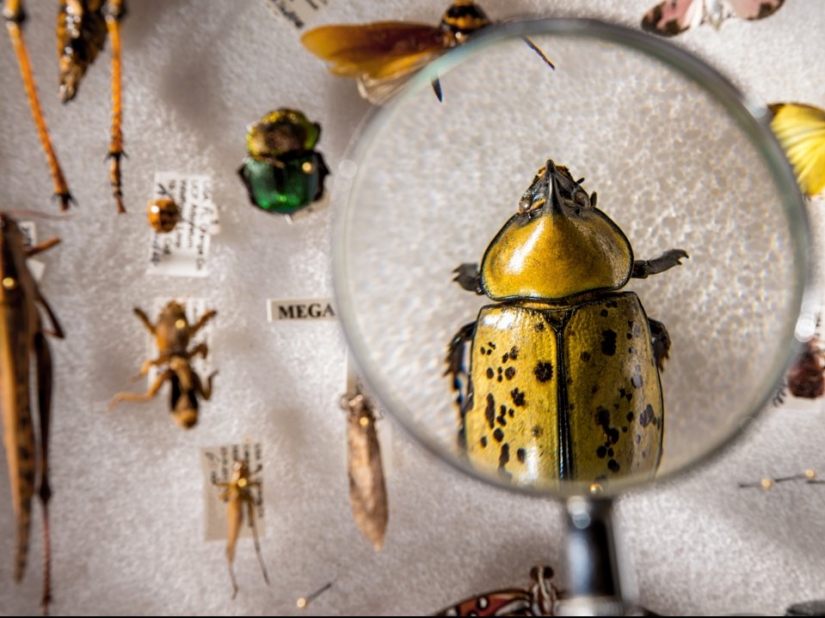
1. Insects are dying out at a record rate. Approximately 40% of the world's insect species are at the extinction stage.
If this trend continues, there could be no insects whatsoever on Earth by 2119.
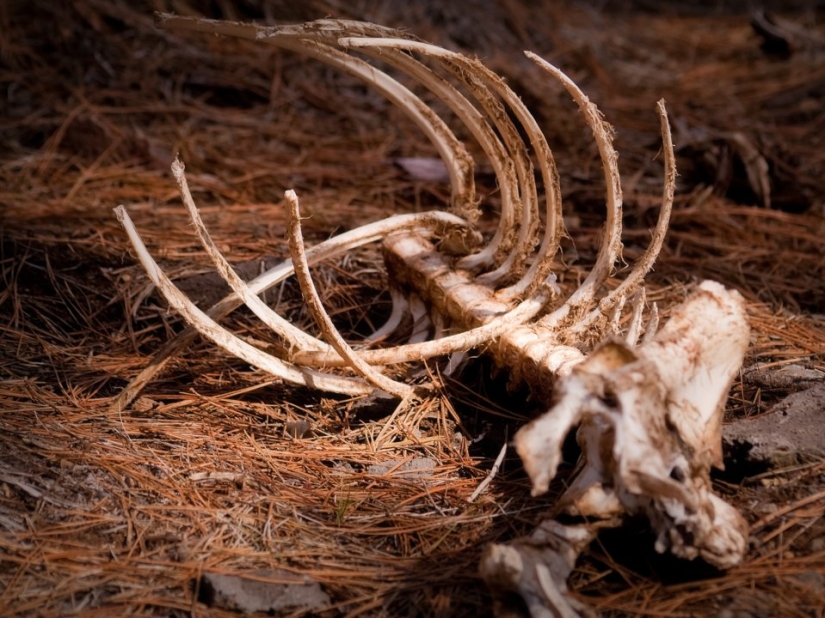
2. The earth appears to be undergoing a process of "biological destruction". As many as half of the total number of animals that once shared the Earth with humans have already disappeared.
Some species face complete collapse, while certain local populations die out in certain areas. This is still alarming, as the study authors say these localized population extinctions are "a prelude to species extinction."
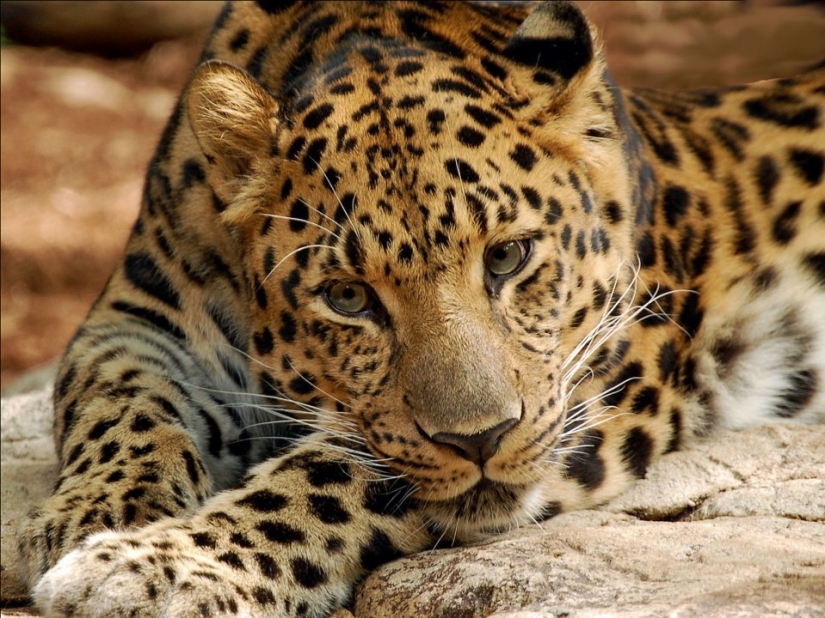
3. According to the Red List of the International Union for Conservation of Nature, more than 27% of all assessed species on the planet are endangered. Currently, 40% of the planet's amphibians, 25% of mammals, and 33% of coral reefs are endangered.
According to the Red List of the International Union for Conservation of Nature, more than 27% of all assessed species on the planet are endangered. Currently, 40% of the planet's amphibians, 25% of mammals, and 33% of coral reefs are endangered.
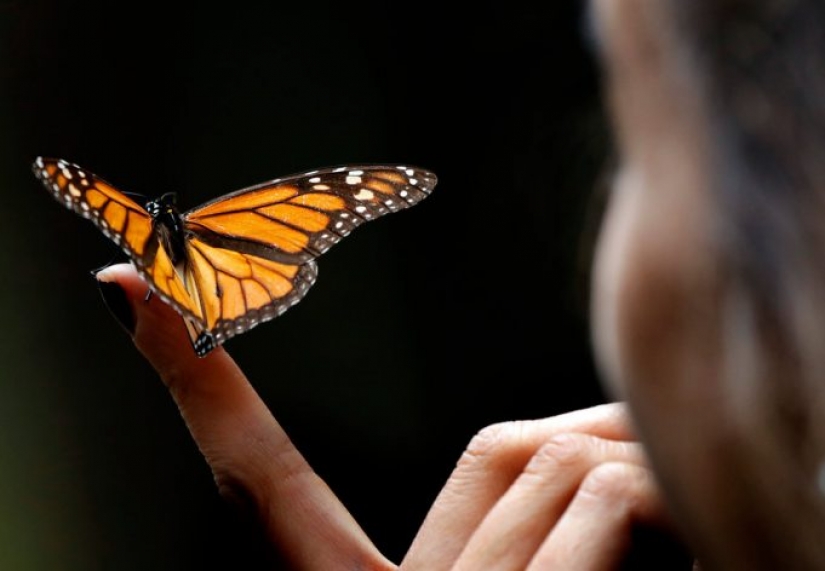
4. A 2015 study that looked at species of birds, reptiles, amphibians, and mammals concluded that the average rate of extinction over the past century is 100 times higher than usual.
Elizabeth Colbert, the author of The Sixth Extinction, told National Geographic that the prospect for this study is dire; this means that 75% of animal species can disappear within a few human lives.
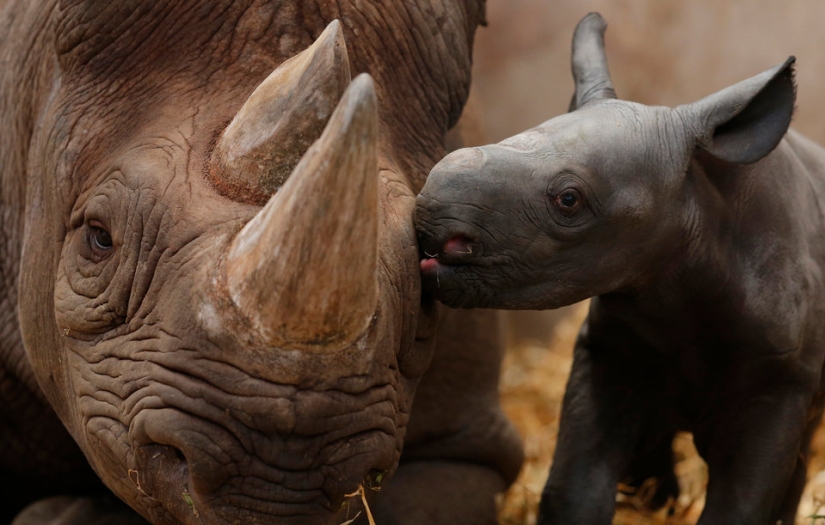
5. In about 50 years, 1,700 species of amphibians, birds, and mammals will face a higher risk of extinction as their natural habitats shrink.
By 2070, 1,700 species will have lost 30% to 50% of their current habitat thanks to human land use, a 2019 study showed. In particular, 886 species of amphibians, 436 species of birds, and 376 species of mammals will be affected, and therefore, they will be at greater risk of extinction.
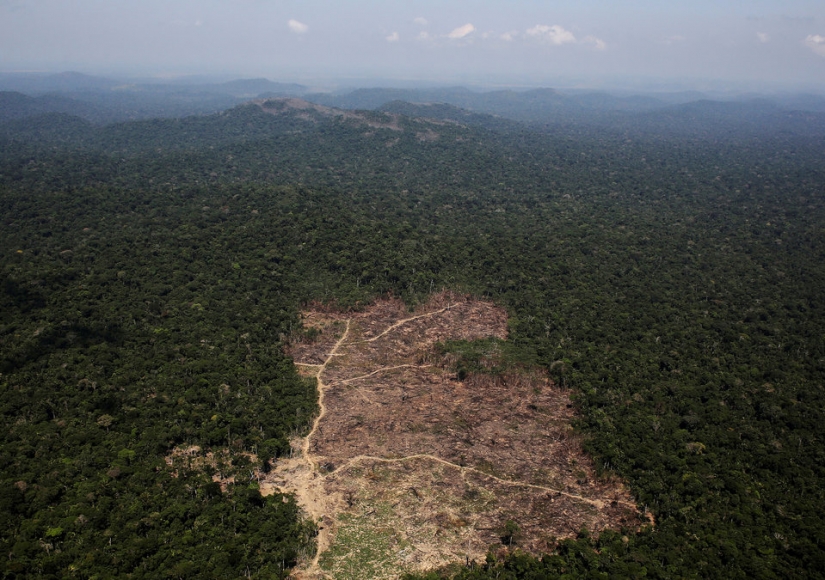
6. Deforestation of the Amazon rainforest is of particular concern.
According to the World Wildlife Fund, roughly 17% of the Amazon has been destroyed in the past five decades, mainly due to people clearing vegetation to open up the land for cattle breeding. Even deforestation in a small area can lead to the extinction of the animal since some species only live in small isolated areas.
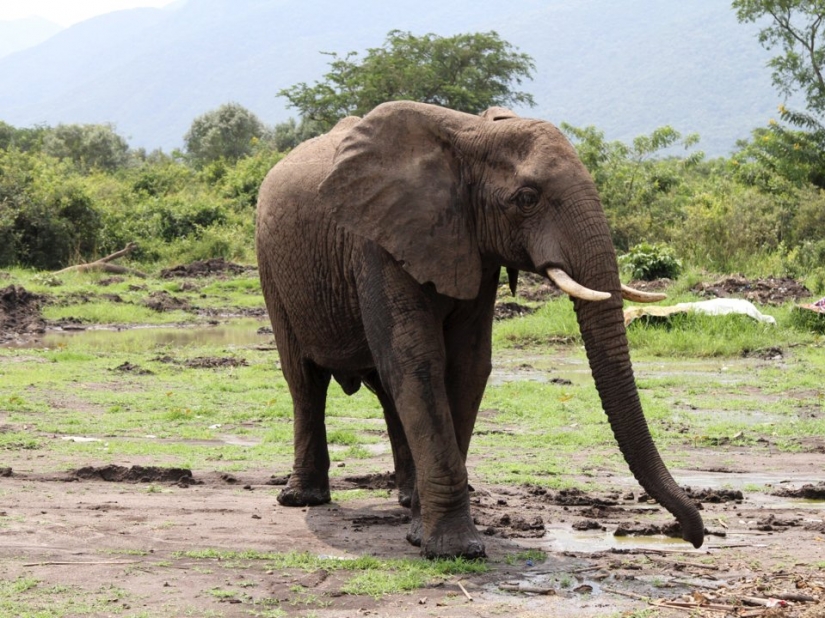
7. According to one study, over the next 50 years, humans will kill so many species of mammals that the evolutionary diversity of the Earth will not recover within about 3 million years.
The scientists behind this study, which was published in 2018, concluded that after this loss, it will take our planet 3 to 5 million years at best to return to the level of biodiversity we have on Earth today.
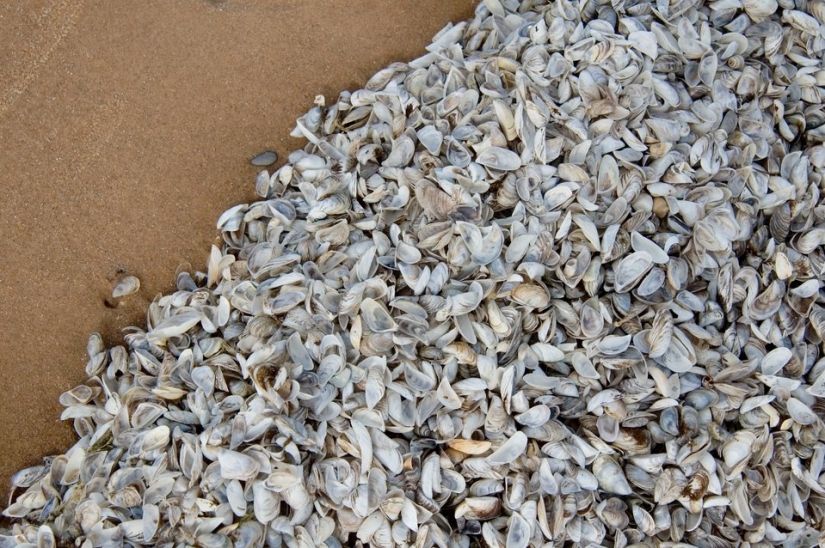
8. Alien species are the main cause of species extinction.
Many invasive alien species have been unintentionally spread by humans. People can carry alien species with them from one continent, country, or region to another when they travel. The transport of goods and cargo can also contribute to the spread of the species.
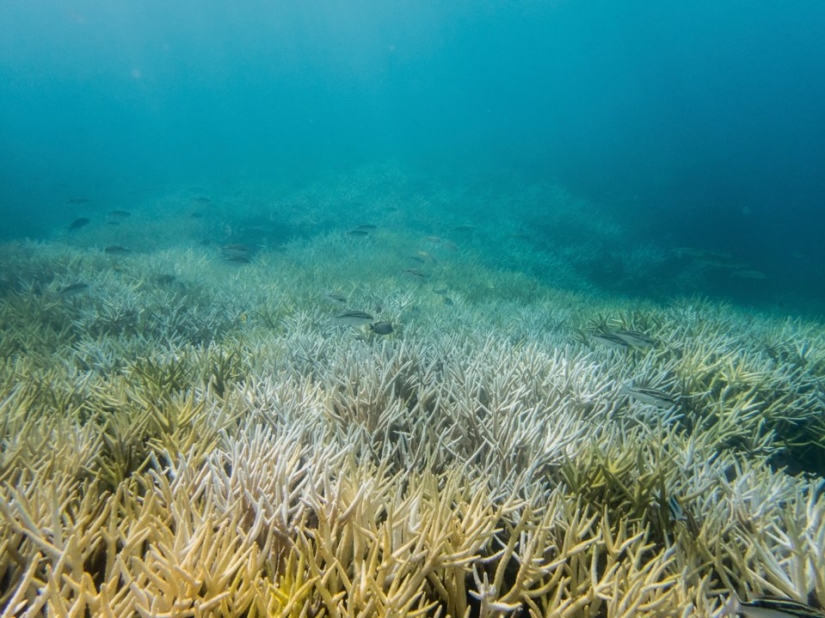
9. The oceans absorb a lot of the excess heat generated on Earth from greenhouse gases in the atmosphere. This kills marine species and coral reefs.
As a result, coral reefs - and the marine ecosystems that they support - are dying. Globally, about 50% of the world's reefs have died in the past 30 years.
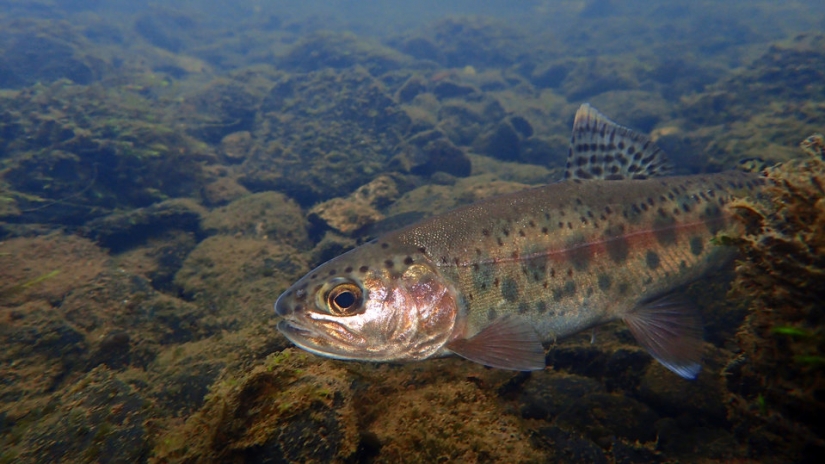
10. Freshwater species are also affected by global warming.
A 2013 study found that 82% of California's native freshwater fish species were vulnerable to extinction due to climate change.
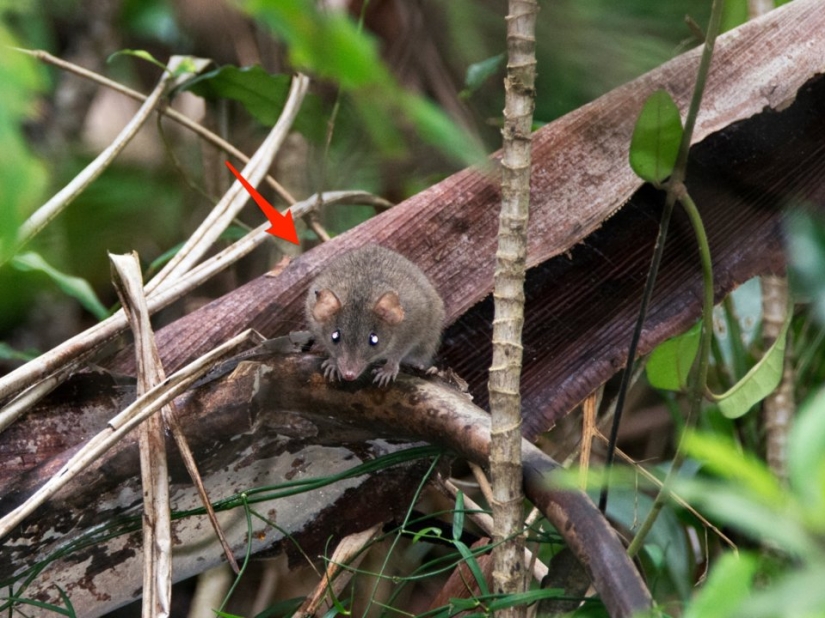
11. Warming oceans are also driving the sea-level rise. Rising waters are already affecting the habitats of vulnerable species.
In February, Australia's Minister of the Environment formally declared a rodent called Melomys Bramble Cay to be the first species to become extinct due to climate change caused by human activities, in particular rising sea levels.
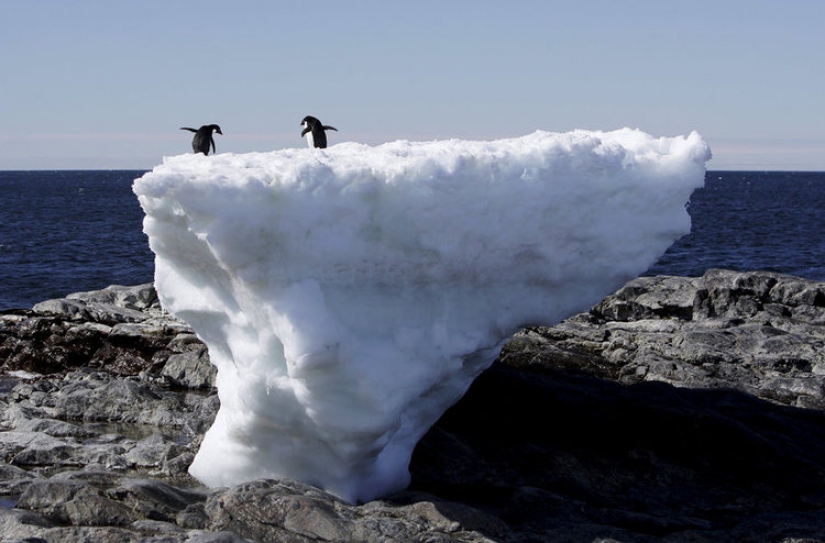
12. Warming oceans are also driving unprecedented melting of Arctic and Antarctic ice caps, further contributing to sea-level rise. In the United States, 17% of all species are endangered due to rising sea levels.
In a worst-case scenario, warmer waters could cause the breakdown of glaciers holding back the ice sheets of Antarctica and Greenland. This will lead to massive amounts of ice in the oceans, which could lead to a rapid rise in sea levels around the world.
Keywords: Planet | Extinction | Signs | Experience | Nature | Animal | Science | History | Earth | Global fauna | Plant | Space | Biological destruction | Insects | Life | Images | Photographs | Photo project
Post News ArticleRecent articles

It's high time to admit that this whole hipster idea has gone too far. The concept has become so popular that even restaurants have ...

There is a perception that people only use 10% of their brain potential. But the heroes of our review, apparently, found a way to ...
Related articles

Is age just a number in your passport? Yes, because sometimes you can become a real old man in your thirties, and some of them are ...

Idea guy from Instagram "travels" around the world, exploring the map, virtual globe Google Earth. He finds interesting and ...

Our body constantly gives signals about the state of health. If you are attentive to the changes that occur with the body, you can ...

New Year's is a time to surprise and delight loved ones not only with gifts but also with a unique presentation of the holiday ...